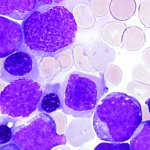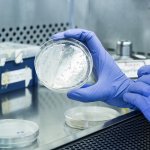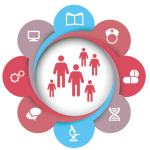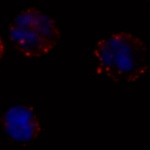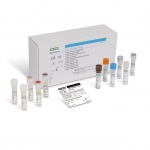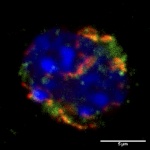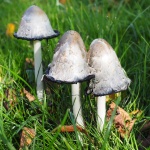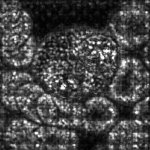
News • Deep learning vs. AML
AI-driven blood cell classification supports leukemia diagnosis
For the first time, researchers from Helmholtz Zentrum München and the University Hospital of LMU Munich show that deep learning algorithms perform similar to human experts when classifying blood samples from patients suffering from acute myeloid leukemia (AML). Their proof of concept study paves the way for an automated, standardized and on-hand sample analysis in the near future. The paper was…






